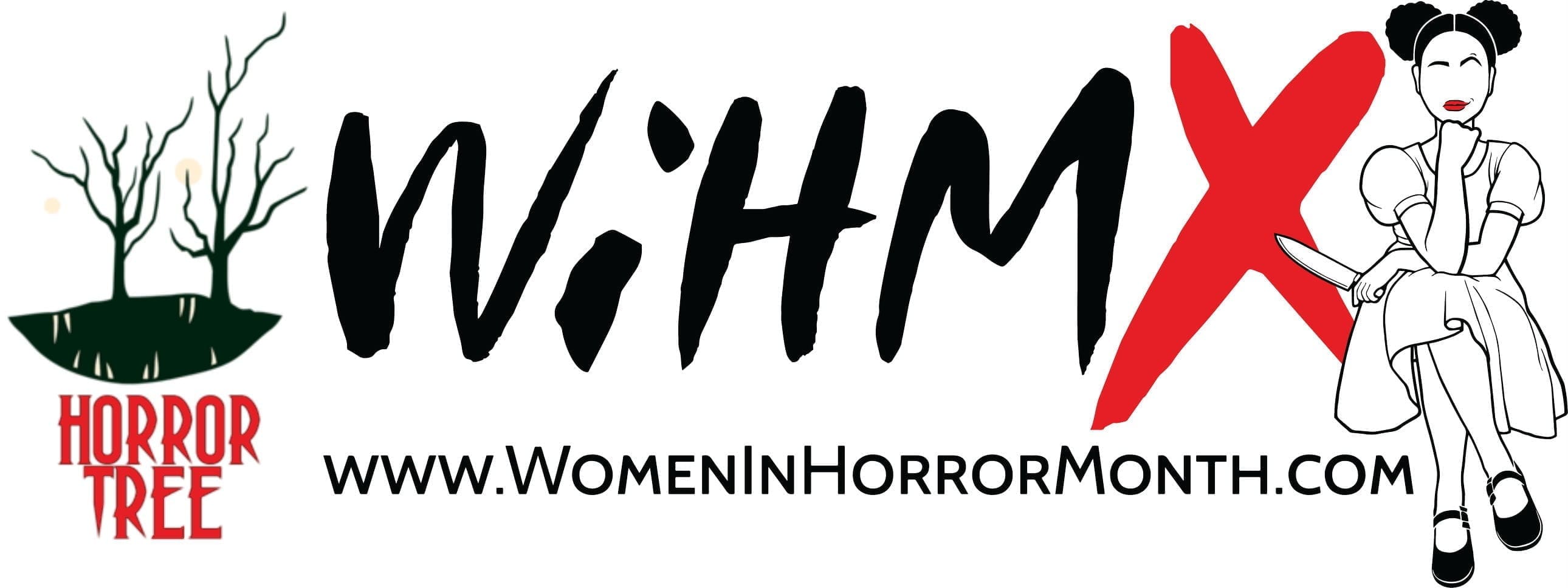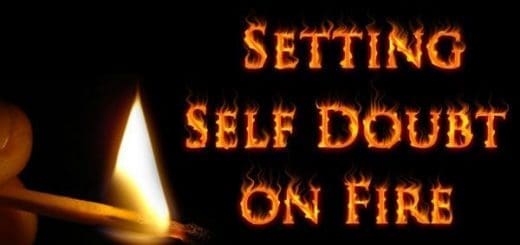WIHM: Men Use Saws, Women Use Scalpels

Men Use Saws, Women Use Scalpels
By JD Blackrose
A while back, a writer and publisher friend of mine, John Hartness, shared the scariest story he’d ever written. Naturally, I read it, girding my loins for the horror. The story ends with the protagonist tied to a chair, covered in honey, listening to the squeaks of oncoming rats.
My reaction? It was icky, but I wasn’t horrified, so I decided to write the scariest scene I could think of. It involved a woman watching her son be tortured for something she’d unknowingly done in the past. When I shared it with a beta reader, he said, “Don’t ever make me read anything like that again.”
But that was my nightmare; my scariest scenario. That was much more horrifying than rats. This scene got me in my core. My son is violently tortured and it’s my fault? That cuts to the bone, deeper than the bone. That’s crazymaking, soul destroying stuff.
Another story, never published, is entitled The Tragic Tale of Abby Campbell and is a study of a woman’s descent into mental illness and psychosis after she loses her infant baby in a freak accident and the town believes it was her fault.
I wondered, why was John’s story scary to him but my story was scary to me? Well, for one thing, John is not a parent, and when we become parents, we suddenly realize that the world now has a whole new way to hurt us. Your children are the most vulnerable extension of who you are, the open, raw, incomplete, still-growing, naked part of you.
But that couldn’t have been all of it, so I landed on a massive generalization that is faulty on its face, but gets the conversation started. Here’s the general thesis:
Men in horror, be they film auteurs or writers, tend to focus on body horror, and that body horror often is often rooted in a fear castration, physically and mentally, a loss of power and manhood that cripples the man and strips him of his masculinity while positioning the woman as the victim or castrator. The psychological torture in these movies/books stems from the changes and alterations in the body. One cruelly crystal-clear example is the movie Teeth, released in 2008, directed by Mitchel Lichtenstein, where a woman literally has a vagina with teeth, but we could easily include The Human Centipede and even Alien, which turns men into baby carriers who give “birth” in a particularly horrible way.
As Rebecca Hawkes writes in the Telegraph, “…in male-directed horror, female bodies and characters are often either brutalised or turned into primal, biology-fuelled beasts.”
In contrast, women’s horror is often emotional at its base, focusing on mind games and psychological torture, often around issues of pregnancy, rape, menstruation, birth, loss of bodily control, and mothering, with body horror thrown in. Looking for examples? A great book list to check out is this one from Unbound Worlds and this one in Bustle.com. As writer Emma Madden says in the Bustle article, “What’s great about these books is that they imagine the format spun on its head. What if horror was at men’s expense? Or, better still, what if horror could be used as a vehicle to either say something important, or as a window into the nuances of life you don’t usually get to see?”
Of course, there are exceptions to this rule. One obvious refutation of this thesis is Rosemary’s Baby. The book was written by a man, Ira Levine, who one writer calls “…one of feminist horror’s pioneers. Rosemary’s Baby is a musing on women’s bodies and their own female autonomy.” Perhaps not coincidentally, the movie only amplifies Levine’s approach probably because it was made by master female manipulator, creepo rapist, and fugitive from justice, Roman Polanski. In Polanski’s version, we cringe as watch Rosemary lose her autonomy and question her sanity as she is cut off from normal friends and is told to eat the damn chocolate mousse. “That’s silly, honey. There is no undertaste,” says Guy, and then admonishes her, “There’s always something wrong.” Classic, cruelly effective ghosting by someone who probably knows a thing or two about the subject.
What do you find horrifying? Leave your thoughts below.
J.D. Blackrose

J.D. Blackrose loves all things storytelling and celebrates great writing by posting about it on her website, www. slipperywords.com. She has published The Soul Wars series and the Monster Hunter Mom series, both through Falstaff Books, and numerous short stories. Follow her on Facebook and Twitter, and watch for her latest macabre story in the upcoming anthology, Tales of the Old Black Ambulance, by Prospective Press (March).
- About the Author
- Latest Posts
The Horror Tree is a resource for horror authors which was created in 2011. The main goal when starting the site was to include all of the latest horror anthologies and publishers that are taking paying submissions. A resource useful for both new and experienced publishers alike looking for an outlet for their written material!












